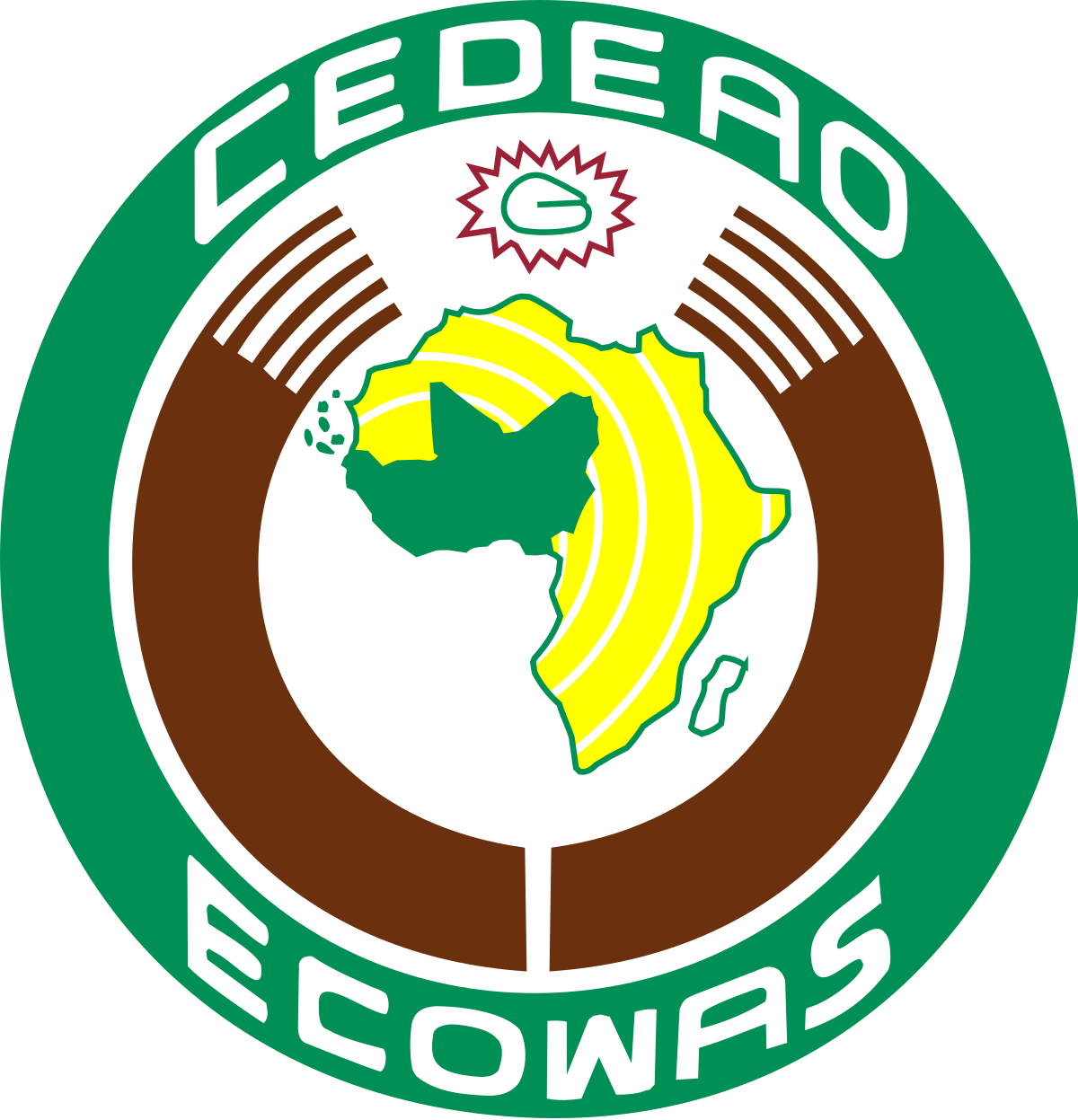The World Health Organisation (WHO) says urgent action is needed to increase production of COVID-19 vaccines that will be distributed through the global initiative making these medicines accessible to all countries.
The WHO Director-General, Dr Tedros Ghebreyesus, made the call at biweekly news briefing on COVID-19 at WHO headquarters in Geneva.
In his speech posted on its website, he said this was a landmark week for COVAX.
“In total, COVAX has delivered more than 20 million doses of vaccine to 20 countries. In the next week, COVAX will deliver 14.4 million doses to a further 31 countries.
“The volume of doses being distributed through COVAX is still relatively small. One of our main priorities now is to increase the ambition of COVAX to help all countries end the pandemic.
“This means urgent action to ramp up production. Next week, WHO and our COVAX partners will meet with partners from governments and the industry to identify bottlenecks in production and discuss how to solve them,’’ he said.
Ghebreyesus also said this was a landmark week for COVAX, with the first vaccinations starting in Ghana and Côte d’Ivoire.
In addition to those two countries, COVAX had now delivered vaccines to Angola, Cambodia, Colombia, the Democratic Republic of the Congo, the Gambia, India, Kenya, Lesotho and Malawi.
He said COVAX had also delivered vaccines to Mali, Moldova, Nigeria, the Philippines, the Republic of Korea, Rwanda, Senegal, Sudan and Uganda.
The director-general said WHO and its COVAX partners would meet with government and industry representatives next week to identify “bottlenecks” and relevant solutions.
“We currently face several barriers to increasing the speed and volume of production, from export bans to shortages of raw materials including glass, plastic and stoppers,’’ he said.
According to him, WHO is working on four approaches to the issue, including calling for waiving patent rights for vaccines.
“Many countries with vaccine manufacturing capacity can start producing their own vaccines by waiving intellectual property rights, as provided for in the TRIPS agreement”.
The TRIPS Agreement, which came into effect on January 1, 1995, is to date the most comprehensive multilateral agreement on intellectual property adopted by all 194 members of the World Trade Organisation (WTO).
He said those provisions were there for use in emergencies saying, “if now is not a time to use them, then when?
“This is unprecedented time, and WHO believes that this is a time to trigger that provision and waive patent rights”.
Ghebreyesus said, in the short-term, the UN health agency was connecting companies that produce vaccines with others that had excess capacity to fill and finish them.
He, however, cited the partnership between Johnson & Johnson and Merck, announced this week, as an example.
“We need more partnerships like this, and we need them in all regions,” the director-general said.
In addition, he said WHO was also advocating bilateral technology transfers, so that companies that owned vaccine patents could license them to another company.
“A good example of this approach is AstraZeneca, which has transferred the technology for its vaccine to SKBio in the Republic of Korea and the Serum Institute of India, which is producing AstraZeneca vaccines for COVAX”. (NAN)






